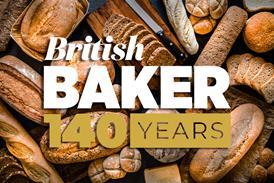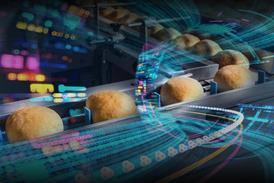Letters: What is a ’craft baker’?
All credit to BB for keeping the spotlight on the battered UK craft sector. Is the definition of "craft" or "artisan" the right way to focus the challenge right now?
To continue reading, register for free
You are what you read, registration is quick, easy and free. Just click register now and you’ll be finished faster than it takes you to butter a crumpet!
Don’t miss out:
- Unlimited access to content
- Regular newsletters to your inbox
- Save articles to read later on
- A more personalised experience
Already registered? Please log-in here


















